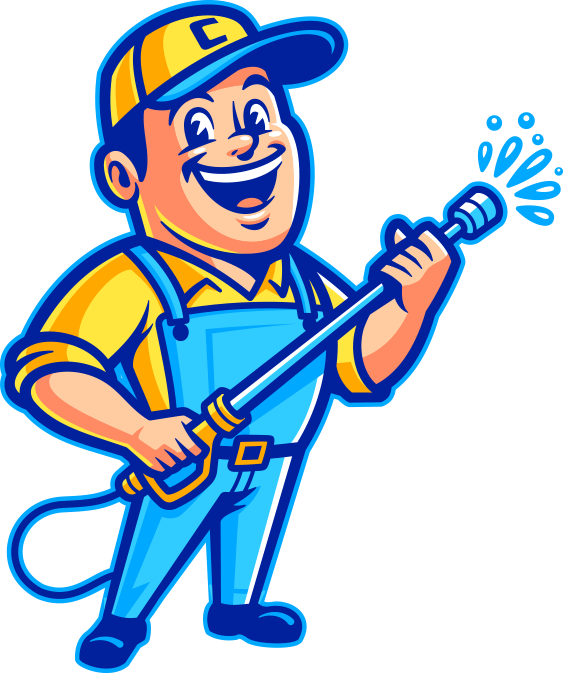Should You Use a Pressure Wash Or a Soft Wash?
Cleaning a roof is a serious job that requires the right tools and training. It can also be dangerous.
Pressure washing can void your roof warranty and damage shingles, tiles, and flashings. However, soft washing eliminates this danger by using mild surfactants and a low-pressure rinse.
Soft wash cleaning uses bleach that kills mold and mildew spores, algae, and moss. It also leaves a growth-inhibiting residue on the surface of the roof to prevent future contamination. You can return to our home page.
High-pressure washing
Pressure washing is an effective way to clean dirt, mildew, moss, and other contaminants from your roof. However, it is important to use a proper PSI level and nozzle type in order to avoid damaging your roof. If the pressure is too high, it can void your warranty and even remove asphalt granules from your roof tiles.
A no-pressure chemical wash is a safer alternative to power washing. It uses a mixture of biodegradable chemicals and low-pressure water to clean your roof. It is also a more cost-effective method than pressure cleaning. The cleaning solution can kill and prevent the regrowth of mold, algae, moss, and mildew.
If you are interested in using a no-pressure chemical wash on your home, consult a home improvement specialist. They can inspect your roofing materials and offer professional advice. They can also recommend the best way to clean your roof.
Low-pressure washing
It is a safe method that uses just the pressure of water produced by a spray nozzle on a garden hose. This low-pressure washing technique is safer for surfaces that cannot withstand high-pressure cleaning such as roofs. It is also safer for delicate structures and surfaces such as eaves and window frames. In addition, it prevents granular loss from roof shingles and won’t void your roof warranty. A professional exterior cleaning company can suggest whether a soft wash is the best option for your roof.
A soft wash uses algaecide solutions to kill any mold, mildew, or algae growth on a roof and then rinses it clean. The specialized chemicals used in this cleaning process also prevent future algae regrowth for several years, extending the lifespan of your home’s roof. It is a more environmentally friendly option than standard power washing, which can damage a roof’s surface. This type of cleaning is recommended by the Asphalt Roofing Manufacturers Association (ARMA). It also takes less time and labor than power washing, which requires ladders and scaffolding.
Soft washing
Soft washing is a technique that uses less water than pressure washing. It also helps to protect the environment by reducing run-off into streams and ponds around your house. It is a safer and more environmentally friendly cleaning method for your roof and other surfaces of your home. It also reduces the risk of mildew and mold that can grow in the gutters and cause respiratory problems for your family.
Soft wash equipment is similar to that used for regular power washing, but it has a low-pressure nozzle attached to it. This nozzle is used to spray cleaning solutions over the surface of your roof. These chemicals help to remove dirt, mildew, moss, and algae. They are especially effective on surfaces that are not easily cleaned by high-pressure power washers, such as cladding, roof tiles, render, and decking.
The cleaning solution contains surfactants, which aid the washing process by loosening and dissolving accumulated muck. This improves the water’s ability to rinse away unwanted substances, making it more effective than plain water.
Chemicals
When it comes to soft washing, there are a variety of chemicals that can be used. Some of these are designed to kill moss and algae while others can be used as a surface sanitiser. The best way to determine which chemicals are safe for your roof is to read the label carefully. These chemicals can take some time to work, so it is important to follow the instructions carefully.
If you are considering using a chemical roof wash, make sure it is a product that can be easily applied to the entire roof. Some products come in spray bottles that attach to the end of a hose, making them easy to use for small or medium-sized roofs. However, some products require you to scrub the surface, which can be difficult for high peaks.
It is also important to consider whether the chemicals are safe for surrounding vegetation. If the run-off from the roof contains bleach or other harsh chemicals, it can kill or damage nearby plants. This can be avoided by wetting the plants before applying the chemical solution. Browse the next article.


